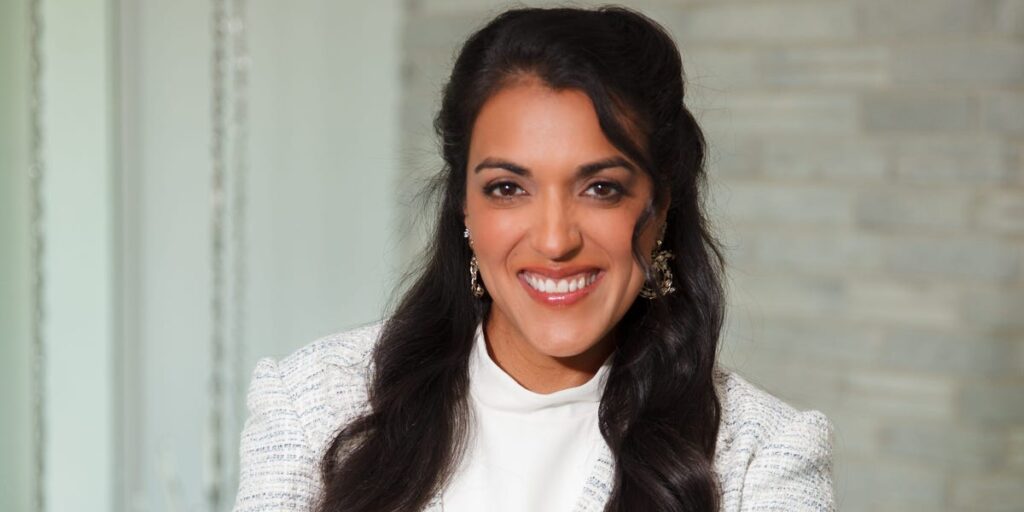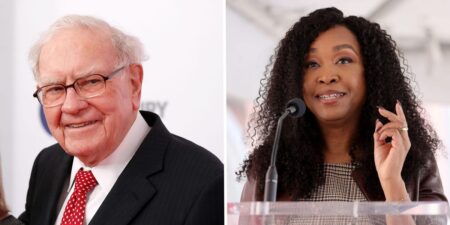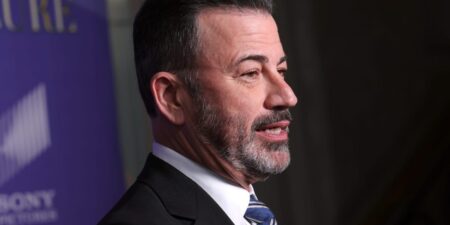This as-told-to essay is based on a conversation with Garima Shah, the Orlando-based founder and president of Biller Genie, a B2B SaaS company. This story has been edited for length and clarity.
I’ve been in Fintech for over 20 years.
When I first started in business, I worked in outside sales, and I was very young. It was high turnover, high commitment, and commission-only. At one point, my manager went on maternity leave, and she left me, a really inexperienced 19-year-old, to run the company.
When I was running sales teams, I conducted 30 to 40 interviews a day. She taught me to look for some very basic things, like: Did they make eye contact? Did they shake my hand? Can they answer a question? Do they know the basics?
Now, I do anywhere from 15 to 20 a week at Biller Genie, the B2B SaaS platforming company I cofounded five years ago. I have a lot of experience doing interviews, and that helps me a lot. I know what I’m looking for — I’m looking for that immediate click.
I’m aiming for a 6.5-minute interview
When I interview candidates, we’ve already screened their résumé, looked at their LinkedIn, and conducted a screening call. We know they have the basic skills needed for this job. So, when people come in to meet with me, I’m not looking for their ability. I’m looking for their desire and to see if they’re going to be a good cultural fit. Do we vibe? Do you understand what I’m asking you? Can you keep up?
We scheduled the interview for 15 minutes. I’m usually done in well under 10 minutes, so it’s about six minutes.
I usually ask three questions in succession. I’ll say, “This is going to be a quick first interview to get to know you and see if there’s a potential, mutual fit.”
First, I ask them about what they’ve done in the past and what they’re looking for. Some people will go on for 20 minutes about what they’ve done. I’m like, stop — just give me the most important things. Then I’ll ask them to describe their ideal role. I want everyone operating in their zone of genius. To do that, I need to know not just the role they want, but the day-to-day tasks they’re excited to do.
The last question is about what they know about Biller Genie. That one’s also important because often, people come in who have absolutely no idea what we do or how they would fit in.
I talk fast generally, but I talk a lot faster during interviews. We’re a fast-moving company and I’m looking for people who can keep up. Can you think on your feet? Can you give me concise answers? Can you get to the point? All of those things are important, and it might not be right for everybody, but that’s part of our culture.
First interviews are like first dates
The way I look at it is this: You’re going to be on your best behavior during the interview. It’s like a first date. You have all the makeup on, and your hair is all good. That’s how you are on the date, but that may not be who you are after that. I’m not going to know that, and you’re not going to show me that during the interview process. So if we seem like it’s a good fit, why not take a chance on each other and see what happens?
Sometimes it doesn’t work out, but I’m looking for that vibe check, and I’m generally pretty good at it.
The interview I just described is my first interview with someone. If it’s an executive-level role, they’re going to do more than one interview, and they’re probably going to do some shadowing and spend time with the rest of the team. If they’re managerial, they’re probably given two assessments.
Generally though, if they seem like they’re a good fit, I do a skills test and send them some type of assessment. For example, if the role is in support, we’re going to send them a demo, and they’ll have to review that product and tell us a little about it. We’re looking at how quickly they finish it and if they seem like they understand it.
I don’t have the resources for a lengthy interview process. We’re a small company. If you’re applying for a managerial or executive level position, I think that makes sense. Those people are going to be managing and leading people from day one.
In general, though, we get hundreds of job applicants, and usually, we can screen out at least 50% before they even speak to anybody. After the screening call, you’re left with such a small pool that you should be decisive enough to find those who seem to be a good fit.
Read the full article here
















